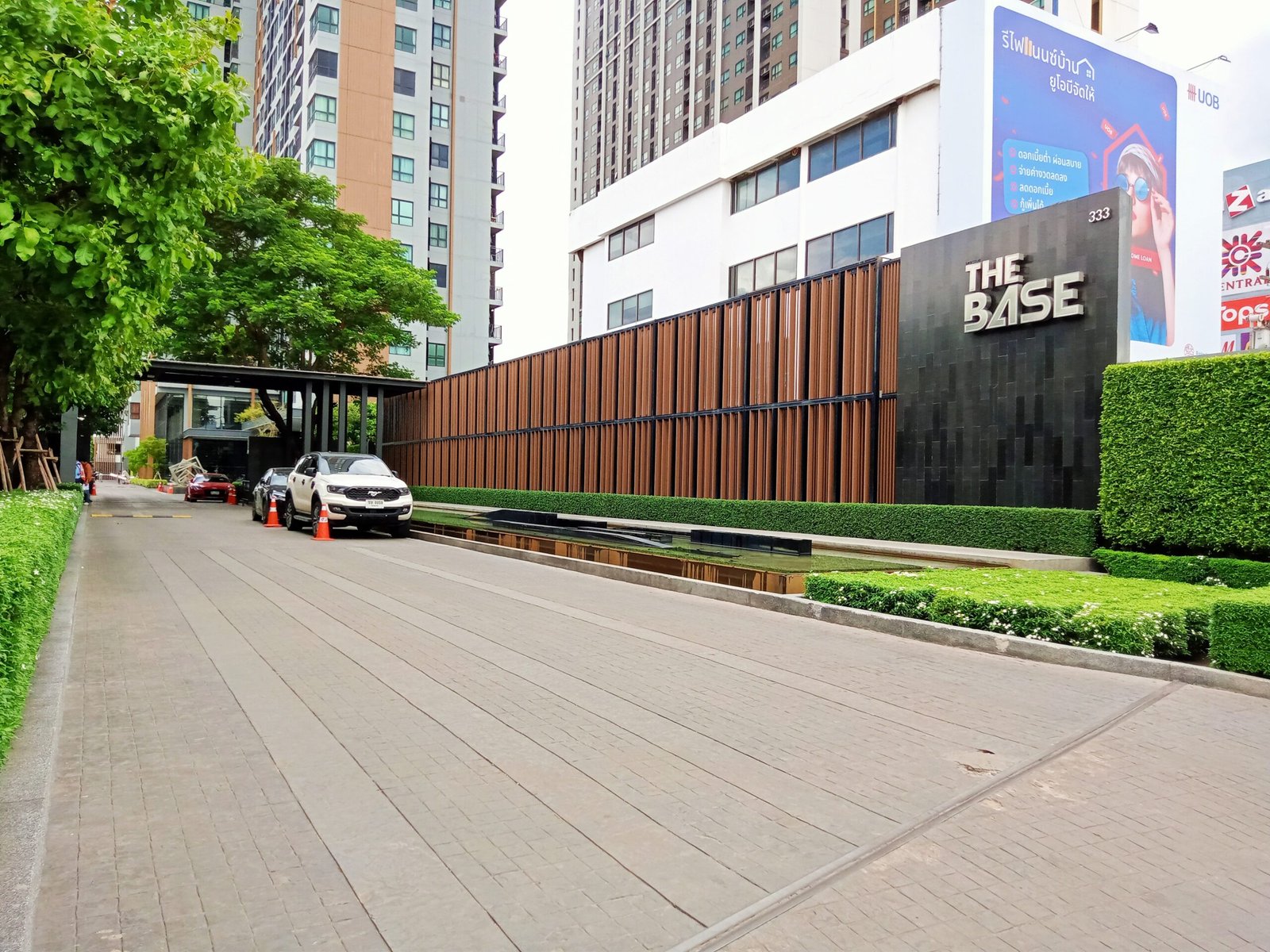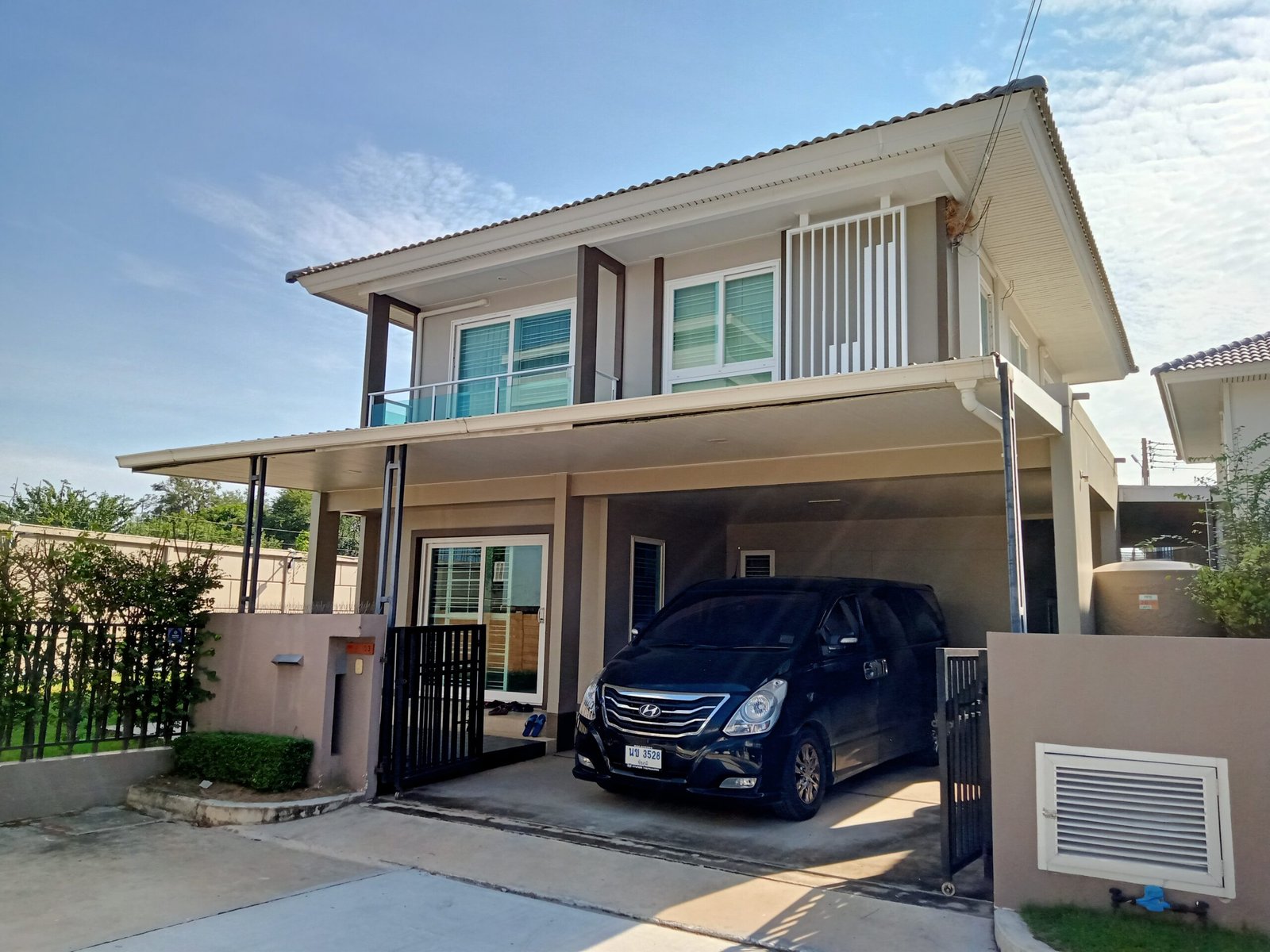Introduction to Foreign Ownership of Real Estate in Thailand
Foreign ownership of real estate in Thailand is governed by a unique set of regulations, designed to balance the interests of both local and international stakeholders. These regulations stem from a historical context that prioritizes the protection of national resources and economic stability. Historically, the Thai government has sought to maintain control over its land resources, which has led to stringent laws governing the acquisition of real estate by non-nationals.
One of the primary reasons for these regulations is to prevent excessive foreign influence and ownership, which could potentially disrupt local economies and communities. By implementing these controls, Thailand aims to ensure that its land remains predominantly in the hands of Thai nationals. This approach is not unique to Thailand; other Southeast Asian nations, such as Indonesia and the Philippines, have similar restrictions to protect their own national interests.
Several key government bodies and legal frameworks oversee the regulation of foreign ownership in Thailand. The Land Code Act is the principal legislative document that outlines the rules and restrictions for land ownership. Additionally, the Condominium Act allows foreign nationals to own condominium units, provided that foreign ownership in a single building does not exceed 49% of the total floor area. The Board of Investment (BOI) also plays a significant role in facilitating foreign investment in real estate, particularly through incentives and exceptions for certain types of projects.
In comparison to other countries in Southeast Asia, Thailand’s regulations strike a balance between encouraging foreign investment and preserving national sovereignty. While some countries have more lenient policies, others have stricter controls, reflecting their respective economic and political priorities. Understanding these regulations is crucial for any foreign investor looking to navigate the Thai real estate market effectively.
Types of Properties Foreigners Can Own
Foreign ownership of real estate in Thailand is subject to certain regulations and restrictions. However, there are specific types of properties that foreigners are allowed to own, each with its own set of conditions. Understanding these regulations is crucial for any foreigner looking to invest in the Thai real estate market.
One of the most straightforward property types that foreigners can own in Thailand is a condominium. According to the Thai Condominium Act, foreigners can own up to 49% of the total floor area of all units in a condominium building. This means that if a condominium has 100 units, foreigners can collectively own up to 49 of those units. It is important to note that the 49% foreign ownership quota is calculated based on the total area of the condominium, not the number of units.
When it comes to landed properties, such as houses or villas, the regulations are more restrictive. Foreigners are generally not allowed to own land in Thailand directly. However, there are alternative methods to gain control over landed properties. One common approach is through a long-term leasehold agreement. Foreigners can lease land for a period of up to 30 years, with the option to renew the lease for additional 30-year terms. This leasehold agreement provides significant security and control over the property, though it does not confer ownership of the land itself.
Additionally, foreigners can also hold landed properties through a Thai company. By forming a Thai company with majority Thai ownership, foreigners can indirectly own land. However, this method involves strict legal and regulatory compliance to ensure that the company is not merely a facade for foreign ownership. It is advisable to seek legal counsel to navigate the complexities of this approach.
In summary, while there are restrictions on foreign ownership of real estate in Thailand, there are viable options available. Condominiums offer a straightforward path to ownership, while leasehold agreements and Thai companies provide alternative methods for controlling landed properties. Understanding these regulations and seeking professional advice can help foreigners make informed decisions when investing in Thai real estate.
Legal Procedures and Requirements for Foreign Buyers
Purchasing real estate in Thailand as a foreigner involves navigating a series of legal procedures and requirements, designed to ensure a smooth and lawful transaction. The initial step typically involves retaining the services of a qualified lawyer familiar with Thai real estate law. Lawyers provide invaluable guidance on compliance with local regulations and assist in the preparation of necessary documentation.
Key documentation required includes a valid passport, proof of funds, and a clear title deed (Chanote) for the property. It is advisable to engage a reputable real estate agent who can facilitate the search for properties and liaise with sellers. Both lawyers and agents play crucial roles in conducting due diligence, ensuring there are no legal encumbrances on the property, and verifying that the seller has the lawful right to sell.
Financial aspects are a significant consideration in the property purchase process. Foreign buyers must be aware of transfer fees, which are typically shared between the buyer and seller, and taxes such as specific business tax and stamp duty. Additionally, currency regulations stipulate that the purchase price must be transferred into Thailand in foreign currency, converted to Thai Baht by a Thai bank, and accompanied by a Foreign Exchange Transaction Form (FET). This form is essential for the repatriation of funds and for future resale of the property.
Common pitfalls in purchasing real estate in Thailand include not verifying the legal status of the property, ignoring zoning laws, and underestimating the complexity of tax obligations. To avoid these issues, it is crucial to perform thorough due diligence, seek professional legal advice, and ensure all financial transactions comply with local banking regulations.
Adhering to these legal procedures and requirements will help foreign buyers mitigate risks and facilitate a successful real estate acquisition in Thailand. By understanding and preparing for these steps, buyers can navigate the process with confidence and legal certainty.
Recent Changes and Future Outlook
In recent years, Thailand has made significant adjustments to its foreign ownership regulations in an effort to attract more international investors to its real estate market. The government has introduced several amendments to existing laws, aimed at simplifying the process for foreign nationals to purchase property. One notable change is the revision of the Condominium Act, which now allows foreign buyers to own up to 49% of the total floor area of a condominium building, provided that the remaining 51% is owned by Thai nationals. This regulation has made it considerably easier for foreign investors to enter the market.
Additionally, the Thai government has launched various initiatives to stimulate foreign investment. These include the introduction of long-term residency programs for high-net-worth individuals and professionals, as well as tax incentives for those who invest in real estate. These initiatives are designed to not only boost the real estate sector but also to strengthen the overall economy by attracting skilled professionals and substantial capital inflows.
The impact of these regulatory changes on potential buyers has been largely positive. Foreign investors now find the Thai real estate market more accessible and lucrative. The streamlined legal process and enhanced ownership rights have increased confidence among international buyers, leading to a surge in foreign investment in both residential and commercial properties.
Looking ahead, the future of foreign ownership regulations in Thailand appears promising. The government is expected to continue refining and updating its policies to maintain the country’s competitive edge in the global real estate market. Potential trends include further easing of ownership restrictions and the introduction of more comprehensive residency programs. As Thailand continues to position itself as an attractive destination for foreign investment, these regulatory advancements will likely play a crucial role in shaping the future landscape of its real estate market.












